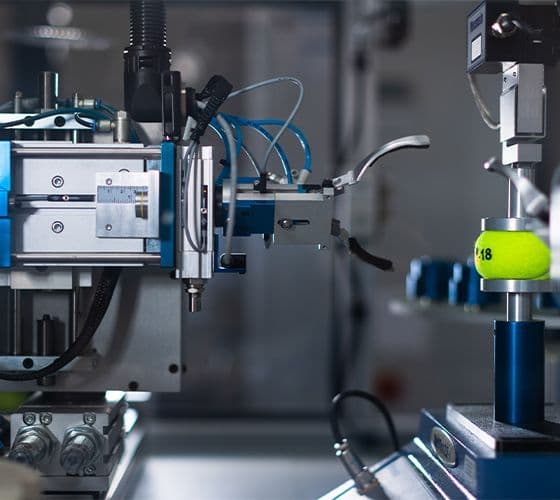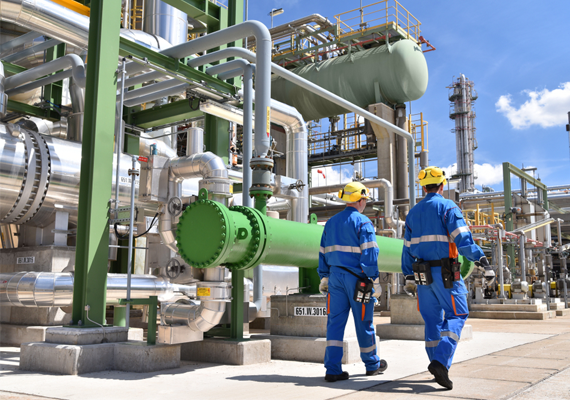
What Does a Piping Mechanical Engineer Do?
Pouring molten metal or plastic into intricate shapes is a specialized trade that requires years of training and experience. Known as piping mechanics, these engineers design, build, and maintain equipment used in the manufacturing industry. Piping mechanics work on everything from large industrial plants to small factories. They use their knowledge of physics and mathematics to create products using various materials, including metals and plastics. If you’re interested in a career in the mechanical engineering field, learn about what a piping mechanical engineer does and how to study for the P&ID certification.
What is a piping mechanical engineer?
A piping mechanical engineer designs builds, maintains, and repairs pipelines, valves, fittings and other related hydraulic and mechanical equipment. They may work on oil and gas pipelines, water supply systems or any other type of infrastructure that uses pipes. Mechanical engineers typically have a degree in engineering or a related field.
Piping mechanical engineers design, build and maintain pipelines and other fluid systems. They work with a range of materials, including metals, plastics, and rubber. They also study how fluids move through systems and identify potential problems.
Piping mechanical engineers typically have a bachelor's degree in engineering or a related field. They may also have certification in Piping Engineering Services from an organization such as the National Board of Examiners for Engineering and Technology (NBE). They usually work as part of a team.
Overview to Piping Engineering
A piping mechanical engineer is responsible for the design, installation, and maintenance of piping systems. They work on both new and existing pipelines, and may also be called upon to certify their system's compliance with safety codes.
A piping engineer typically has a degree in engineering or a related field, although some may have a Master's degree or even an accredited certification. They will likely have experience working with various types of pipe material and construction methods, as well as knowledge of industry regulations.
PIPING ENGINEER RESPONSIBILITIES
A piping mechanical engineer is responsible for the safety and proper functioning of pipelines. They must have a thorough understanding of fluid mechanics, thermodynamics, manufacturing processes, and material

properties in order to ensure the safe and efficient flow of oil, gas, or other fluid substances. A piping mechanical engineer may also be responsible for designing new pipelines, repairing existing ones, or overseeing their operation.
A piping mechanical engineer is responsible for the design, installation, and maintenance of pipelines. They may also be involved in the design and construction of related equipment, such as valves, manifolds, branch lines, pump stations, and storage tanks. A piping mechanical engineer typically holds a degree in engineering or a related field.
How to become a piping mechanical engineer
Piping mechanical engineers design and oversee the installation, operation, and maintenance of piping systems in a variety of settings. They may work in public or private sectors, designing and installing water, gas, oil, and other fluid systems. Mechanical engineers typically require a degree in engineering and several years of experience in their field. They must be proficient in computer-aided drafting (CAD) software, as well as Piping Theory and Practice books.
Knowledge Expectation from Piping Engineer
A piping mechanical engineer is responsible for the design, installation, maintenance, and repair of piping systems. They work with a variety of materials, including metal, plastic, and rubber. They also need to be familiar with various engineering principles, including fluid dynamics and thermodynamics.
A piping mechanical engineer is responsible for designing, constructing, and maintaining pipelines. They work with a variety of different types of materials and must be familiar with a wide range of engineering principles. Piping engineers typically have a bachelor's degree in engineering or a related field and several years of experience working on pipelines.
Conclusion
A Piping Engineering Services designs, builds and maintains piping systems in industrial and commercial settings. They work with a variety of materials, such as plastics, metals, and composites to create functional systems that meet specific needs. In order to design a system properly, they must have knowledge of both the engineering principles behind it and the specifics of the manufacturing process.
Appreciate the creator